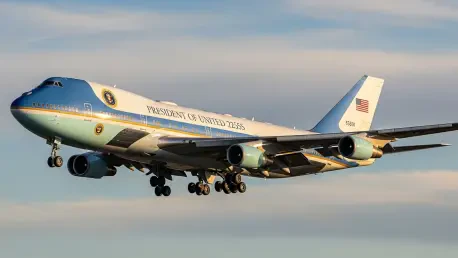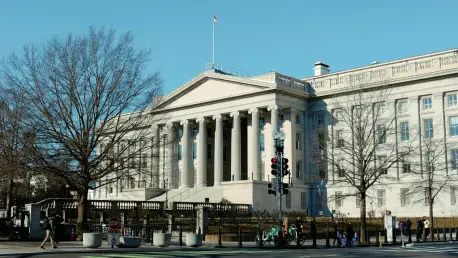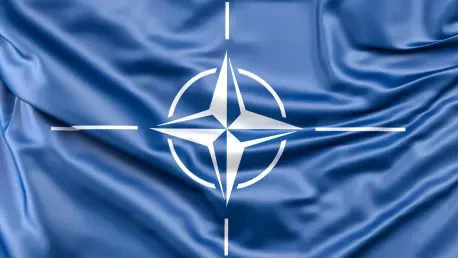
I'm thrilled to sit down with Donald Gainsborough, a political savant and leader in policy and legislation, who heads Government Curated. With his extensive expertise in navigating the complexities of federal benefits and retirement planning, Donald offers invaluable insights for federal employees

I'm thrilled to sit down with Donald Gainsborough, a political savant and leader in policy and legislation, who heads Government Curated. With his deep expertise in defense policy and military procurement, Donald offers unparalleled insight into the Pentagon's recent request to redirect $5.4

Imagine a federal agency tasked with safeguarding the environment, now caught in a storm of internal conflict over free speech and scientific integrity, where over 140 employees of the Environmental Protection Agency (EPA) have been placed on administrative leave. Their suspension follows

In a significant judicial intervention, a federal court has temporarily blocked the release of agency layoff plans proposed by the Trump administration. This move comes amid a deeply contested legal battle over transparency and government restructuring. The appeal was granted following initial

In an era where federal programs face scrutiny concerning compliance with spending laws, Donald Gainsborough emerges as an authoritative voice. Leading Government Curated, his expertise in policy and legislation offers profound insights into the intricate challenges of federal spending regulations.

In a world where international defense commitments dictate diplomatic relations, President Trump’s critique of Spain stands out as a pivotal point in the NATO landscape. During a recent NATO summit, an agreement was reached among world leaders to significantly boost their defense spending levels,